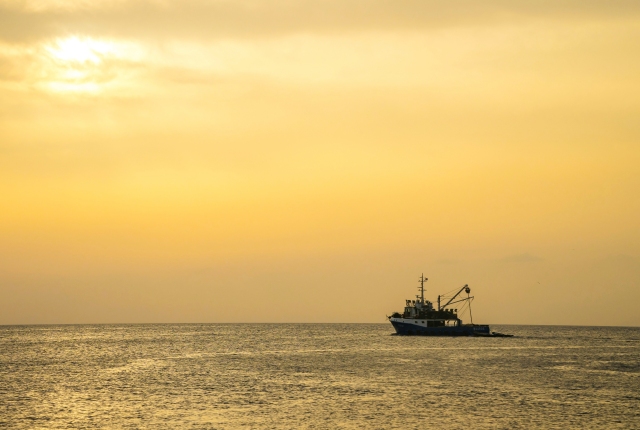Electric-powered fishing boats in the Adriatic: the 3EFishing project kicks off

The sustainable transition for the Adriatic fishing and aquaculture sector includes moving to electrically powered boats: reducing fuel consumption, noise and emissions at sea, improves both the quality of the environment and the economic sustainability of the many small and medium-sized enterprises involved.
A push in this direction is now under way, thanks to 3EFishing, a new European cross-border cooperation project between Italy and Croatia (Interreg Italy-Croatia) coordinated by the University of Bologna. As a pilot project, two fishing boats will be retrofitted with hybrid engines and will use renewable energy sources.
"Small and medium-sized enterprises are the backbone of the fisheries and aquaculture industries in both Italy and Croatia, but at the same time they are also the ones most affected by the current economic crisis," explains Fausto Tinti, professor at the Department of Biological, Geological and Environmental Sciences at the University of Bologna and scientific coordinator of the project. "The combination of the rising fuel costs, caused by the current energy crisis and the war, and the impact of climate change on the state of fish stocks, has a huge impact on the short and long term sustainability of the entire industry”.
In the last decade, the fishing fleet dedicated to small-scale fishing and aquaculture comprised more than 12,000 vessels, most of them more than 10 or 15 years old and all powered by diesel engines. Today, the level of innovation in the fleet is even worse due to the economic situation due to the effects of the pandemic, international conflicts and climate change.
"To overcome this situation, it is crucial to focus on the transition to electric powered boats, but fishermen still lack confidence in these technologies," says Tinti. "It is therefore necessary to facilitate the transfer of knowledge and applied research results to micro, small and medium-sized enterprises in the sector, and to test and demonstrate the feasibility of this transition under real operating conditions”.
With this in mind, 3EFishing scientists will focus on the development of new boats with electric motors: a solution that simultaneously reduces emissions and improves the economic sustainability of fishing and aquaculture businesses.
The project will be implemented by the University of Bologna and the Institute of Oceanography in Split, who will work on technology transfer and innovation, developing low-carbon solutions. Support will be given by the Croatian Ministry of Agriculture and the Italian Institute of Services for the Agricultural Food Market, responsible for financial support programmes for fishery and aquaculture operators. In addition, the Marche Region's Agency for Innovation in the Agri-Food and Fisheries Sector 'Marche Agricoltura Pesca', the Mediterranean Agronomic Institute of Bari, and Zadar County will be involved, while Croatia's leading aquaculture company, CROMARIS, will be directly involved in innovation processes and tests.






